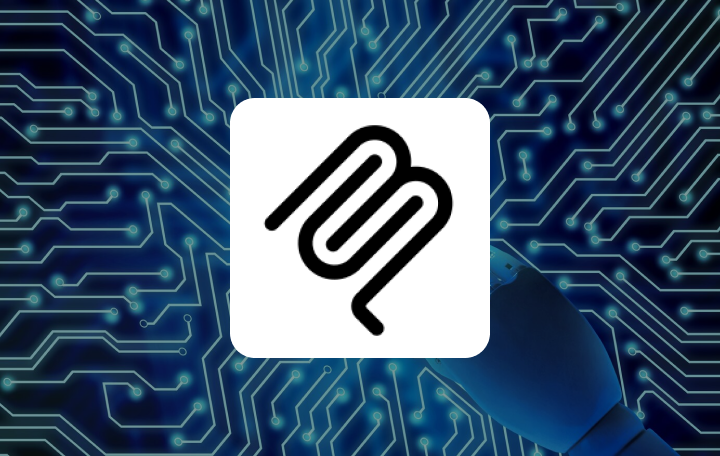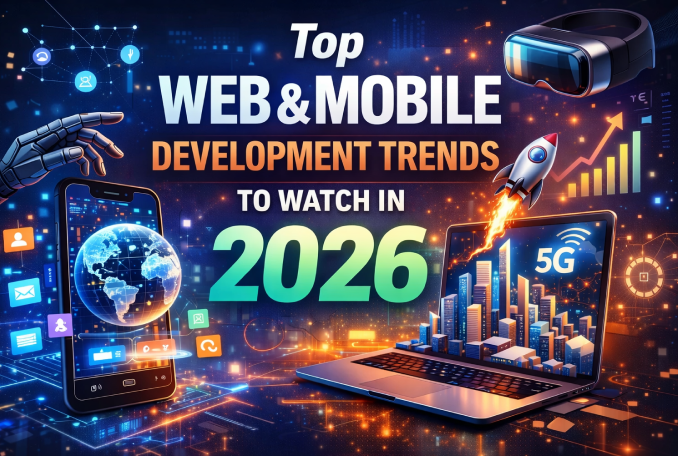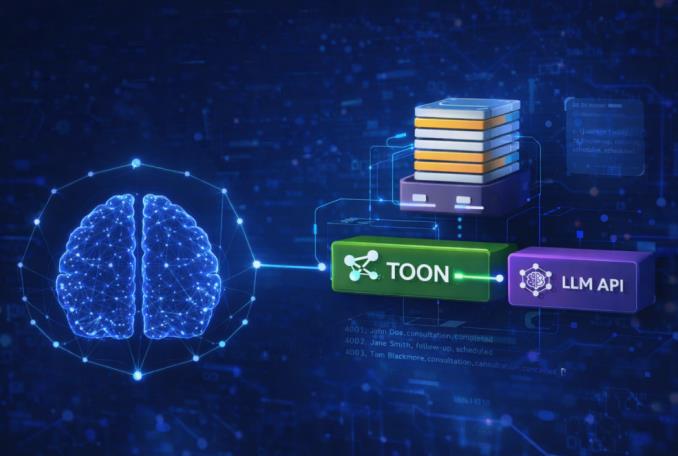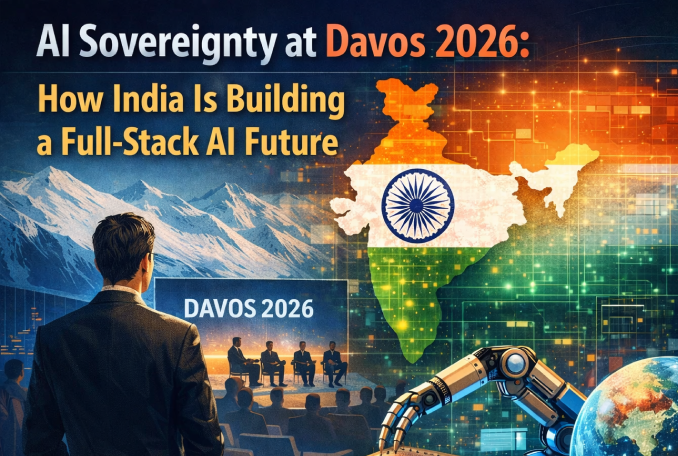MCP Explained – How the Model Context Protocol Bridges AI and Real-World Applications

Artificial Intelligence has evolved rapidly. However, most AI assistants still face one major limitation – they don’t truly understand your world. Although they are powerful at reasoning, they remain disconnected from your data, tools, and daily workflows. This is exactly where the Model Context Protocol (MCP) comes in.
What is the Model Context Protocol (MCP)?
The Model Context Protocol (MCP) is an open-source standard that allows AI models and applications to securely connect with external systems, such as local files, business tools, APIs, and databases. In other words, MCP acts as a universal bridge between AI and data.
Just as USB-C standardized how electronic devices connect, MCP standardizes how AI interacts with external systems. Through MCP, AI models like Claude or ChatGPT can access your company’s database, read from Notion or Google Drive, analyze files, and even perform actions – all in real time.
How MCP Works
MCP enables two-way communication between data sources and AI tools. Specifically, it introduces two main components:
- MCP Servers: These expose data and tools, for example, a server providing access to your Google Drive or internal database.
- MCP Clients: These are AI applications (like Claude Desktop) that connect to servers to retrieve and use that data intelligently.
Consequently, when an AI assistant interacts via MCP, it doesn’t just generate answers – it understands context from your live data and takes meaningful actions based on it.
MCP and RAG: Smarter Context Retrieval
MCP works beautifully alongside Retrieval-Augmented Generation (RAG). While RAG helps AI models fetch relevant information from external documents or databases, MCP ensures that connection is secure, standardized, and scalable.
For instance:
- MCP allows Claude or ChatGPT to access your company knowledge base.
- Then, RAG helps the model retrieve the right information at the right moment.
Together, they create context-aware AI systems that deliver responses grounded in real, up-to-date data – not just pre-trained knowledge.
Real-World Use Cases of MCP
MCP is already transforming multiple industries and tools. For example:
- Personal Assistants: AI agents can now connect to Google Calendar or Notion to schedule tasks or summarize notes.
- Developers: Claude Code can generate an entire web app directly from a Figma design.
- Enterprises: Chatbots can access multiple internal databases, enabling employees to query information instantly.
- Creative Teams: AI models can design in Blender or even send output directly to a 3D printer.
Moreover, companies like Block, Apollo, Replit, Zed, and Sourcegraph are integrating MCP into their platforms to build smarter, connected, and autonomous AI agents.
Why MCP Matters
MCP reduces the need for custom connectors and repetitive integrations. Instead of building separate APIs for every new tool or data source, developers can use a single standardized protocol to link them all.
This provides key benefits for everyone involved:
- For Developers: Less complexity, faster integration, and open-source flexibility.
- For AI Applications: Access to richer context and more reliable data sources.
- For End Users: Smarter assistants that act on relevant, real-time information.
Ultimately, MCP transforms AI systems from isolated thinkers into action-oriented collaborators.
Getting Started with MCP
If you’re ready to experiment with MCP, you can start today:
- Install pre-built MCP servers in the Claude Desktop app.
- Connect to your data sources like Google Drive, Slack, GitHub, or Postgres.
- Build your own MCP server using the open-source SDKs from Anthropic.
- Test locally or deploy to production for your team.
As the MCP ecosystem matures, expect AI models to seamlessly move between data, tools, and workflows – without ever losing context.
The Future of AI Connectivity
The Model Context Protocol is more than just a new standard – indeed, it is the foundation of the next generation of connected AI systems. By bridging reasoning models with real-world data, MCP paves the way for truly intelligent, autonomous agents that can learn, adapt, and act across environments.
In short, it’s not just about smarter AI – it’s about context-aware intelligence that works with you, not apart from you.
Related articles



